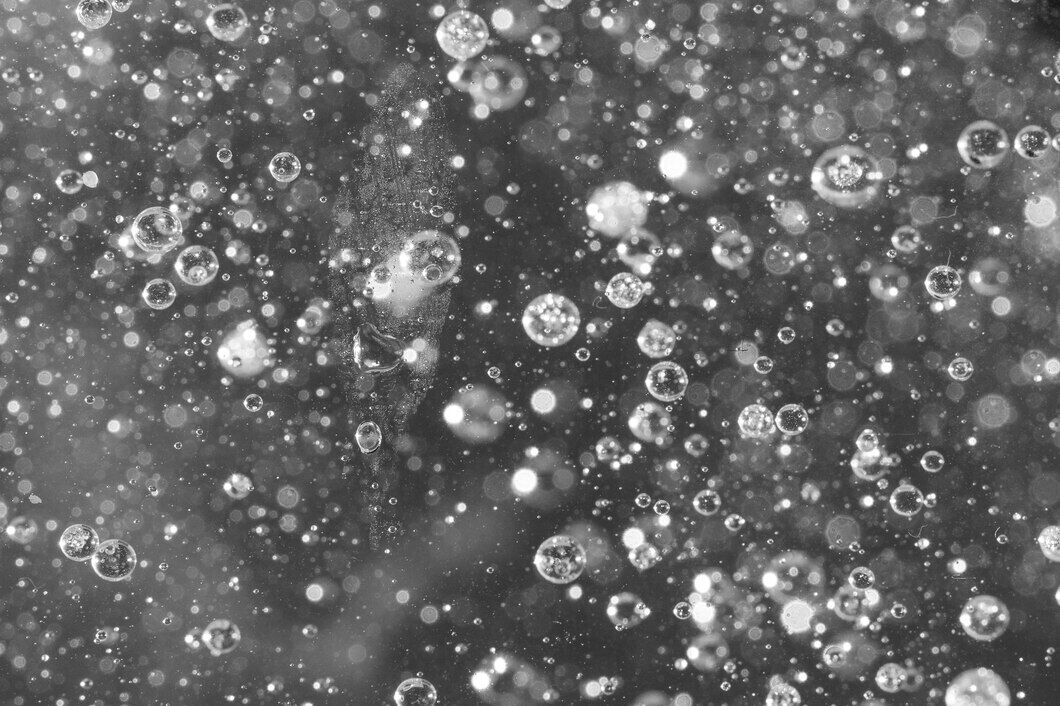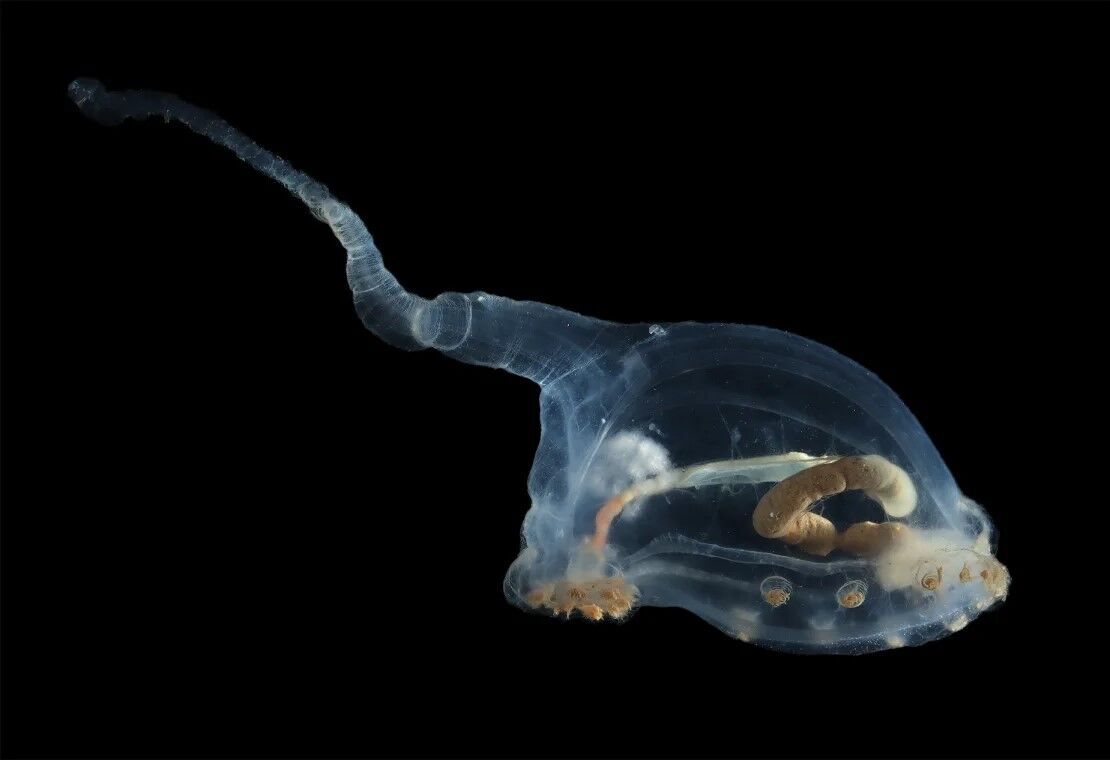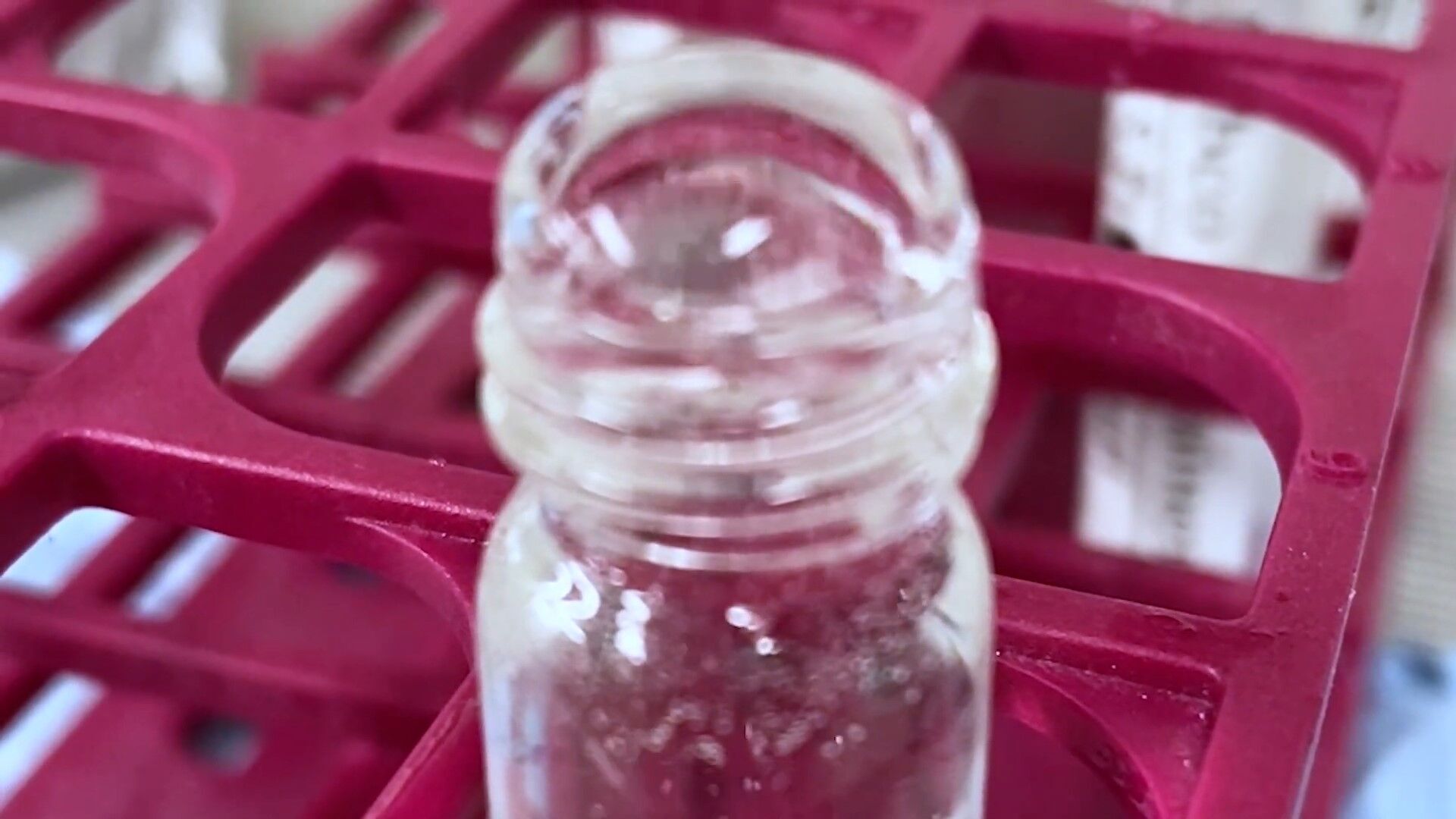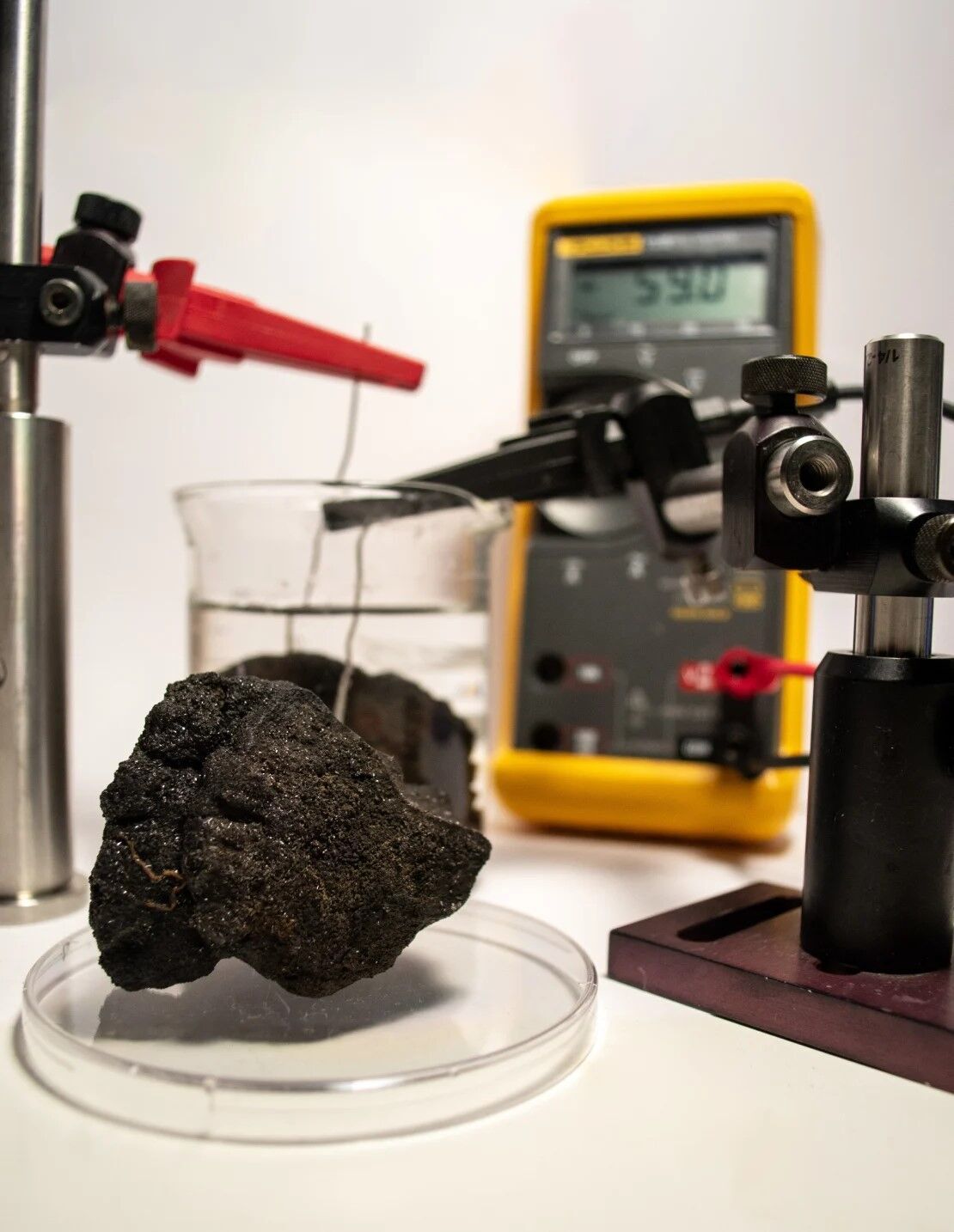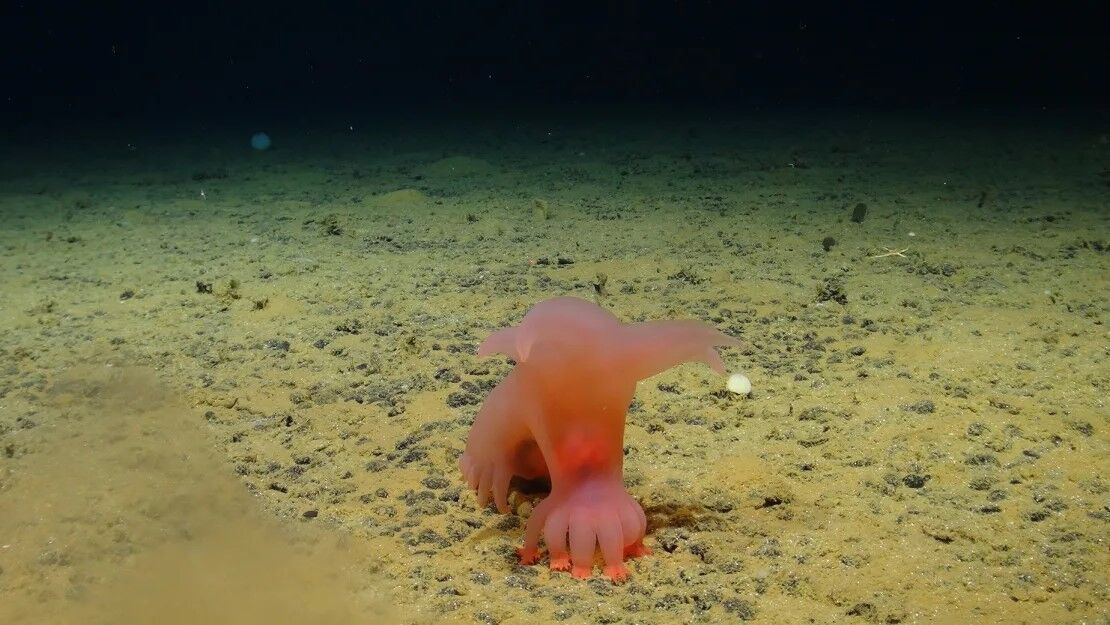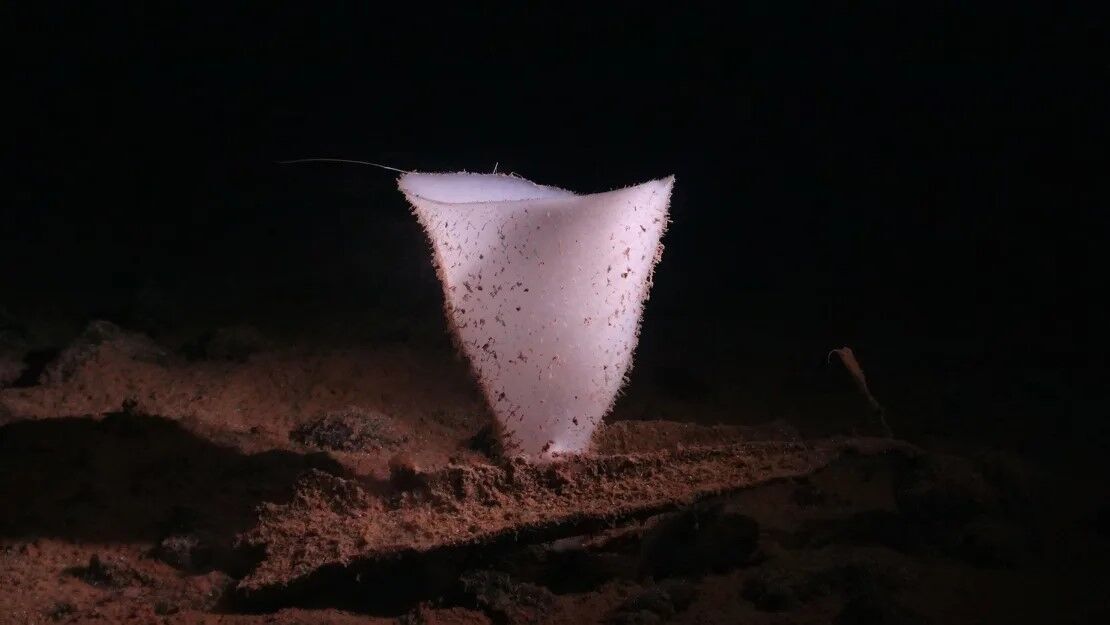News
Geologists have discovered "dark" oxygen at the bottom of the ocean: why it contradicts all known data
An international team of researchers has discovered that metallic minerals produce oxygen on the ocean floor 4,000 meters deep. The discovery challenges long-held assumptions that only photosynthetic organisms produce terrestrial oxygen.
According to the geologists, minerals in the deep waters act as geobatteries to produce oxygen in a process that does not require sunlight. This is "dark" oxygen, CNN writes.
An unexpected discovery
Andrew Sweetman of the Scottish Association for Marine Science (SAMS) first made the discovery of "dark" oxygen in 2013 while conducting field research on a ship in the Pacific Ocean. But the discovery of oxygen at a depth of 4000 meters below the surface, where light cannot penetrate, seemed absurd. The ocean scientist thought his monitoring equipment was faulty.
However, on three subsequent trips to the region known as the Clarion-Clipperton Zone, the sensor data stubbornly showed that oxygen was being formed on the seafloor. "You're careful when you see something that's contrary to what's supposed to be happening," said Sweetman.
Photosynthesizing organisms such as plants, plankton and algae are known to use sunlight to produce oxygen, which is released into the ocean depths. But previous studies conducted in the deep sea have shown that oxygen is only consumed, not produced, by the organisms that live there.
Contrary to previous research
Sweetman first made the unexpected observation that "dark" oxygen is produced on the seafloor while assessing marine biodiversity. The bubbles form over millions of years through chemical processes that cause metals to precipitate out of the water around shell fragments, squid beaks, and shark teeth and cover a large area of the seafloor.
"I thought: 'Oh my God, I've been ignoring something profound and huge for the last eight or nine years,'" said Andrew Sweetman.
The team took some samples of sediment, seawater, and polymetallic nodules to the lab to try to understand exactly how the oxygen was being produced. Through a series of experiments, the researchers ruled out biological processes such as microbes and found that the source of the phenomenon was the nodules themselves.
Swetman turned to Franz Geiger, an electrochemist at Northwestern University in Evanston, Illinois, and together they continued their research. Using a device called a multimeter to measure tiny voltages and voltage fluctuations, they recorded readings of 0.95 volts on the surface of the nodules.
"It seems that we have discovered a natural 'geobattery. These geobatteries are the basis for a possible explanation of the production of dark oxygen in the ocean," said Prof. Geiger.
Extraction of rare metals and minerals on the seabed
The new study demonstrates how much is still unknown about the ocean depths and highlights what is at stake in attempting to mine the ocean floor for rare metals and minerals. The discovery that there is another source of oxygen on the planet other than photosynthesis also has far-reaching implications that could help unravel the origin of life.
The U.S. Geological Survey estimates that there are 21.1 billion dry tons of polymetallic nodules in the Clarion-Clipperton Zone, which contain more critical metals than the world's land-based reserves combined.
Under the UN Convention on the Law of the Sea, the International Seabed Authority regulates mining in the region. Experts are to meet to consider new rules that would allow companies to extract metals from the ocean floor.
Environmental damage
Countries such as France and Britain have expressed caution, supporting a moratorium or ban on deep-sea mining to protect marine ecosystems and preserve biodiversity. For example, Hawaii has banned deepwater mining in state waters.
Some scientists argue that deep-sea mining can irreversibly damage pristine underwater environments. After all, noise and sediment plumes raised by mining equipment harm mid-water ecosystems as well as organisms on the seabed. In addition, deep-sea mining can disrupt the way the ocean stores carbon, contributing to the climate crisis.
Swetman and Geiger said the mining industry should consider the implications of this new discovery before potentially exploiting the deep-sea nodules.
Only verified information is available on the OBOZ.UA Telegram channel and Viber. Do not fall for fakes!







